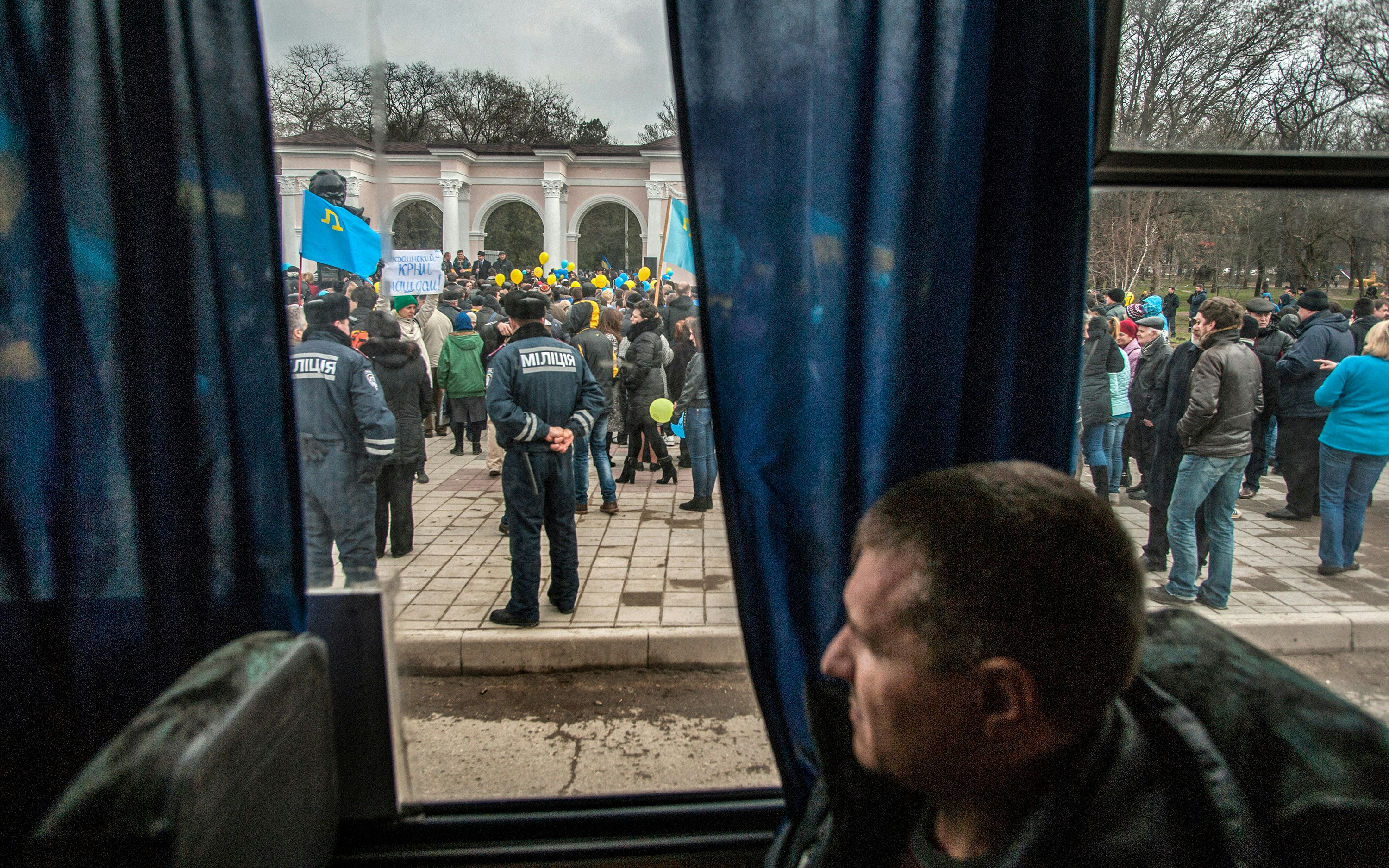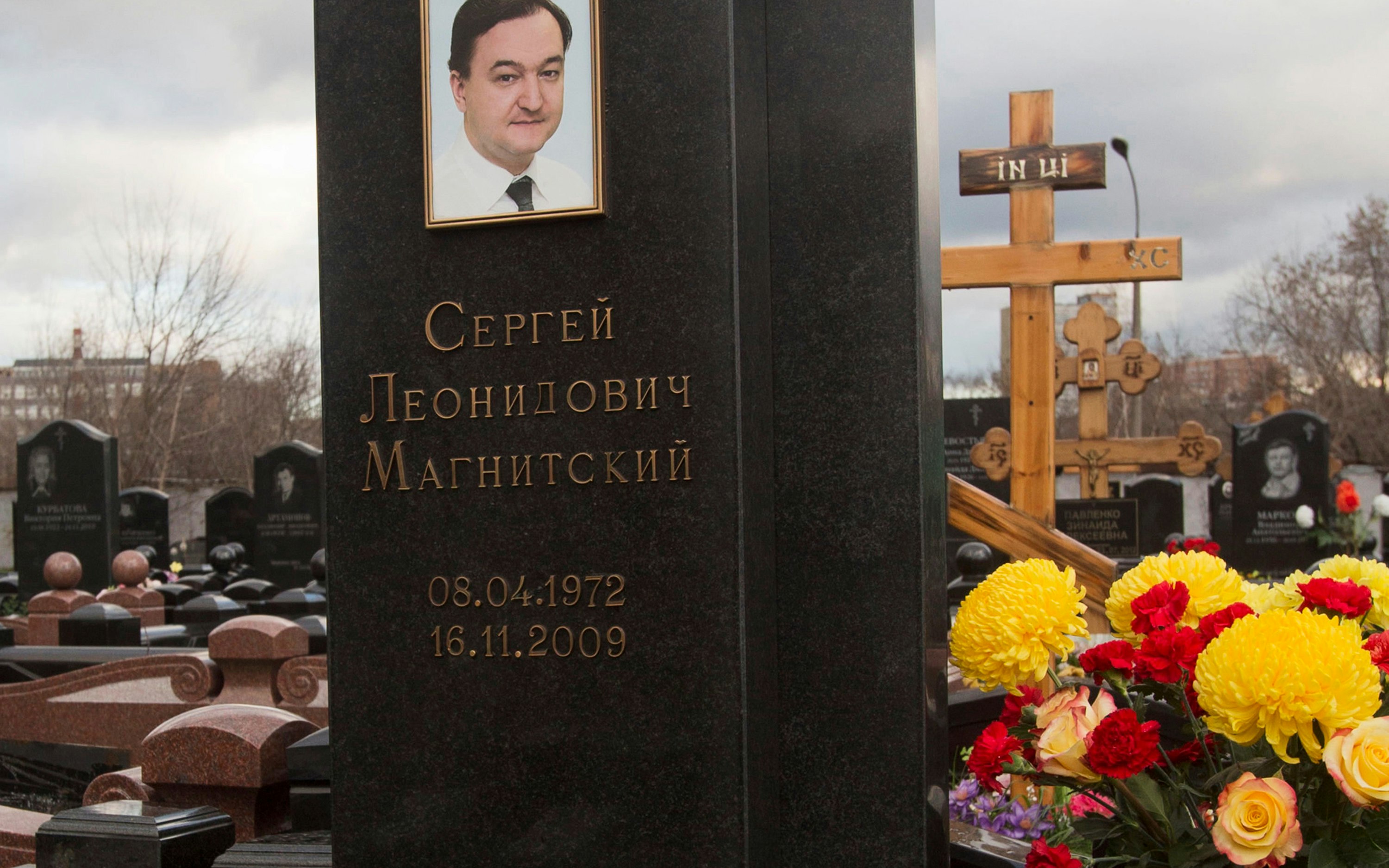Romanenko v. Russia
Wrong to Punish Journalists for Quoting Officials
A newspaper in Vladivostok, Russia, published an article about illegal logging, quoting the concerns of officials who said that local and federal government departments were contributing to the problem. The government department and its director sued the newspaper separately for defamation and won damages. The European Court of Human Rights found a violation of freedom of expression where a newspaper was ordered to pay libel damages for quoting local officials and had acted in good faith. (Keywords: Defamation - Press Freedom - Reputation)
Facts
The three applicants own a newspaper in Vladivostok, Arsenyevskie Vesti, which in January 2002 published an article titled "All Power Comes from the Forest." This article reported on a meeting held by the local municipality concerning an increase in Chinese businessmen buying timber for cash, without the proper documentation. The article quoted an open letter written by those at the meeting which stated that the local police department and the federal court management department both had large contracts to purchase timber. The letter was signed by a number of officials including the head of the local municipal council, representatives of the local police, and the Federal Security Service, as well as local forestry operators.
The court management department of the Primorskiy Region sued the newspaper for damage to its professional reputation, as did the director of that department, V.A. Shulga. The newspaper published a refutation stating that they had not meant that particular department or Shulga.
In June 2002, the domestic courts found in favor of Shulga and ordered each applicant to pay him 10,000 Russian roubles (RUB). In October 2002, the courts further found against the applicants who were ordered to pay the court management department RUB 15,000 each. The fines amounted to approximately four months wages for each of them. In both sets of proceedings the court found that the applicants had disseminated information without verifying whether it was true or not.
The applicants complained to the European Court of Human Rights that the proceedings against them had infringed their right to freedom of expression in violation of Article10 European Convention on Human Rights (freedom of expression).
Open Society Justice Initiative Involvement
The Open Society Justice Initiative and the Moscow Media Law and Policy Institute (MMLPI) in consultation with International Senior Lawyers Project submitted a third party intervention in the case.
Arguments
The written comments drew attention to concerns expressed by the Parliamentary Assembly of the Council of Europe on the use of defamation by public authorities against journalists in Russia, and analyzed the relevant law and practice in a range of jurisdictions, including the United States, the United Kingdom, Germany, France, and several new European democracies, such as Georgia and Ukraine. Three points were argued:
Government Bodies Should Not Sue. Permitting government agencies to sue for defamation contravenes fundamental principles under Article 10 of the convention.
Identification Requirement. There should be a strict application of the requirement that the alleged victim is clearly identified in the impugned newspaper article when public officials bring defamation actions against the media.
Reporting Official Statements. It is incompatible with Article 10 of the convention if journalists are found liable for defamation when they accurately publish statements contained in non-confidential government documents.
On October 8, 2009, the First Section of the European Court of Human Rights found that there had been a violation of Article 10.
The court found that the articles concerned the allocation and management of public resources which were issues which merited legitimate public concern and on which the applicants, as journalists, had the right to report. Indeed, the subjects of scrutiny had been a state body and civil servants acting in their official capacity, who should accept that the limits of acceptable criticism were wider for them than for private individuals.
It had not been alleged that the applicants had distorted or otherwise modified the text of the original open letter. In reprinting an official non-confidential document, they had acted in good faith. The underlying facts of the article had never been contested, such as the fact that the court management department had obtained unusually high timber purchasing quotas or that wholesale companies purchasing timber had been able to operate without appropriate licenses.
As to the argument that public authorities such as the court management department should not fall within the scope of "the reputation or rights of others" in Article 10 § 2, the court acknowledged "that there may be sound policy reasons to decide that public bodies should not have standing to sue in defamation in their own capacity" (para. 39). However, the court found that it was not "its task to examine the domestic legislation in the abstract but rather consider the manner in which that legislation was applied to, or affected, the applicant in a particular case" (para. 39). The concurring opinion of Judges Spielman and Malinverni concluded that such bodies could not be considered as "others."
In view of the above considerations, and considering the severity of the fines (which amounted to four months wages), the court found that the Russian courts had not given relevant and sufficient reasons in either of the cases to justify the interference with the applicants' freedom of expression. The interference had not been "necessary in a democratic society" and the court held unanimously that there had been a violation of Article 10.
Implementation
The European Court of Human Rights ordered the Russian government to pay €1,000 to each of the applicants as damages for the violation.
Judgment of First Section of the European Court of Human Rights.
Written Comments Submitted by the Open Society Justice Initiative and the Moscow Media Law and Policy Institute.
Application filed to European Court of Human Rights.
Arsenyev Town Court finds the article defamed the court management department and fines applicants again.
Arsenyev Town Court finds the article defamed Shulga and fines applicants.
Court management department sues for damages to its reputation, as does the Director, Shulga.
"All Power Comes from the Forest" published in Arsenyevskie Vesti.
Related Cases
Kasabova v. Bulgaria
The case, involving a journalist found liable for criminal libel, raised questions about the burden of proof and liability standards that ought to apply in criminal defamation proceedings.
Pauliukas v. Lithuania
A case concerning whether or not the European Convention on Human Rights protects the right to a reputation.
HCLU v. Hungary
In this case involving a Hungarian NGO denied access to information, the European Court of Human Rights ruled that the denial interferes with the group's right to information.
Related Work
Syrians Seek UN Rights Ruling against Russia for 2019 Hospital Attacks
A legal complaint seeks justice for Syrian victims of attacks by the Russian air force, and seeks to reinforce protections for health care facilities in war-time.
Case Watch: Ukraine ICJ Ruling Strengthens Protections against Discriminatory Use of Citizenship Law
In agreeing to proceed with a complaint by Ukraine against the Russian Federation, the International Court of Justice underlined the principle that states cannot use exclusionary citizenship laws to discriminate, and that such action can be challenged before its judges.

Almost a Decade after his Death, Sergei Magnitsky Gets a Measure of Justice
The ruling from Europe's human rights court validates the underlying rationale for the laws adopted by the United States, the United Kingdom, Canada, and some other countries to impose sanctions on designated individuals implicated in gross human rights abuses.
